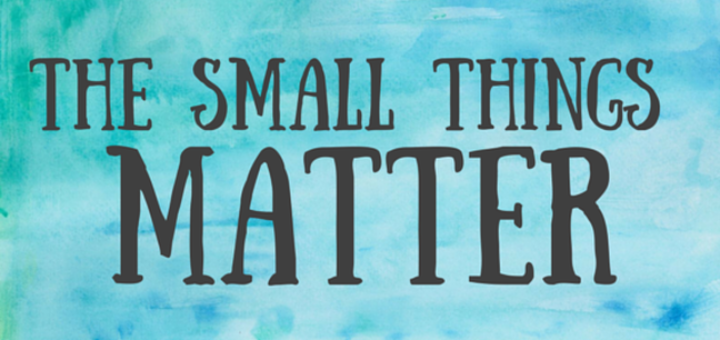The coronavirus pandemic has made clear that we are all connected. A virus far away in another country has upset the whole world and has most of us wearing masks and distancing ourselves from others. Writing in the Catholic Peace Weekly a team leader of the Christian Life Community of Korea gives us some thought on the subject.
When it comes to being sensitive to the environmental problems Korea would be up there with the best. Laudato si was a best seller in Korea. We are called to adopt a new ecological lifestyle, one that is more communitarian. Compared to some other countries, Koreans don't have problems with efforts made to take care of our common home.
Not long ago, the writer was shopping at a large mart and at the paying counter he saw someone buying a huge amount of disposable items at a cashier next to him. Because of the Corona 19, he was possibly buying disposable plates, cups, cutlery, wooden chopsticks, and plastic bags in large amounts.
The writer always tried not to buy products with excessive plastic packaging and felt tremendous helplessness at what he saw next to him. Of what value were his efforts when others are making such a huge amount of garbage?
Originally, as a young man he dreamed of a life like Scott Nearing, who lived a harmonious life in nature. Nature is good, and he hoped to live in a way that did less harm to nature. He wondered if it would be too self-serving for him to live like that, maybe he should live a life that preserves nature beyond just enjoying nature.
At the same time, he thought to do research to help the world's socio-economic system shift to a less destructive environment. So, after thinking about it, he went to graduate school, earned a doctorate in energy climate change, and did what he wanted at the related research institute. With the dream of contributing greatly to solving environmental and climate change problems around the world.
But it didn't take him long to realize that changing the world wasn't going to be easy. Changing national policies and social systems requires tremendous effort and time. It was a study that started with a dream but turned into a study on how difficult it is to bring about change. He was overwhelmed by what he saw.
He was faced with helplessness and frustration. Although he wanted to live in nature, he studied hard to learn about nature and develop his expertise, but he felt too weak to bring about change. He grew skeptical in his efforts to protect nature. Does that change the world, can it protect nature? He felt that he could do very little and no expectation that it would help achieve what he intended.
One day the same thoughts and feelings he had shopping came to the writer. He had time to reflect on God and creation: sadness,, frustration, and emptiness were again felt. This time his reflection was a great gift that came to him without cost.
Suddenly, he felt how a parent would feel treating a sick child. When a child has a serious illness, Mom and Dad never give up. They will try and do anything to treat the child. God's heart for humans and nature is of this type. Is it not God's desire that humans treat each other and nature with the same mind.
Is it possible to say that there is no hope for the nature that God has given us freely and that the actions to care for it are meaningless? The sunlight continues to shine, the wind blows, ants crawl, and the butterflies fly, but with gratitude, at the preciousness seen, should he not do whatever is possible to preserve it. No need to determine what is accomplished or to measure results.
He concludes the article with quotes from Laudato si 211,212—
"There is a nobility in the duty to care for creation through little daily actions, and it is wonderful how education can bring about real changes in lifestyle. Education in environmental responsibility can encourage ways of acting which directly and significantly affect the world around us, such as avoiding the use of plastic and paper, reducing water consumption, separating refuse, cooking only what can reasonably be consumed, showing care for other living beings, using public transport or car-pooling, planting trees, turning off unnecessary lights, or any number of other practices. All of these reflect generous and worthy creativity which brings out the best in human beings. Reusing something instead of immediately discarding it, when done for the right reasons, can be an act of love that expresses our own dignity.
We must not think that these efforts are not going to change the world. They benefit society, often unbeknown to us, for they call forth a goodness which, albeit unseen, inevitably tends to spread. Furthermore, such actions can restore our sense of self-esteem; they can enable us to live more fully and to feel that life on earth is worthwhile."

No comments:
Post a Comment